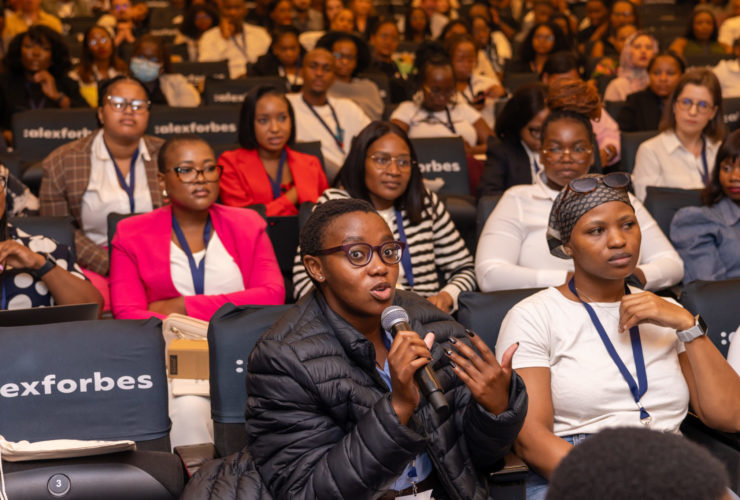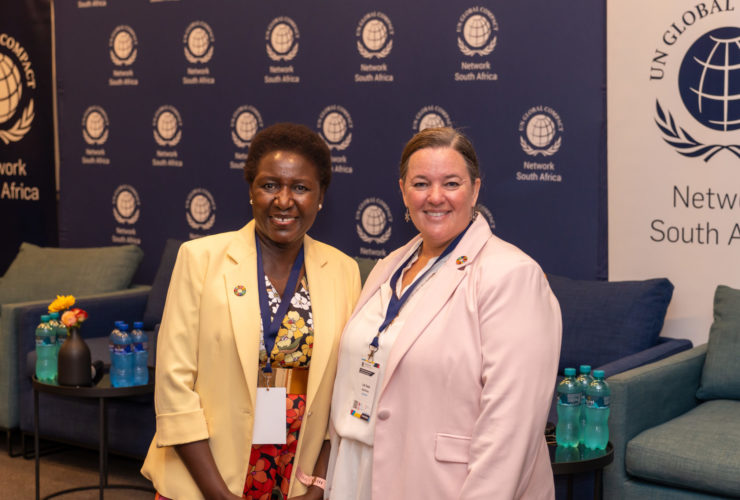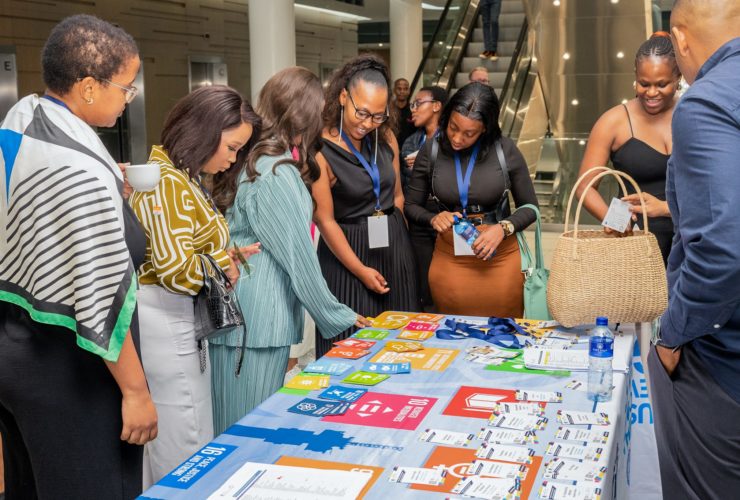[Johannesburg, 21 March 2022]
Today, 21 March, South Africa commemorates Human Rights Day grounded in the events of the 1960 Sharpeville Massacre where 69 people were killed in a peaceful protest march against the apartheid Pass laws. Thirty-six years after this historic event, Former President Nelson Mandela would sign the final draft of The Constitution of the Republic of South Africa into law at this very significant location.
Chapter 2 of The Constitution, The Bill of Rights, explicitly embeds the rights of all people in South Africa to human dignity, equality, and a range of freedoms. As we commemorate Human Rights Day, we must also reflect on what has not been achieved, so that we can focus our energies on attaining those very Rights espoused in the Constitution.
The COVID-19 pandemic has destabilized several Rights, some of which were already in deficit. At the beginning of 2020, President Cyril Ramaphosa declared “The scourge of Gender-based Violence as the second pandemic”[1], highlighting the increase in violence against women and children during lockdown.
Over and above the escalation of Gender-Based Violence research found that the “South African Government COVID-19 aid programs, which included food parcels during national lockdown had overlooked people with disabilities, refugees and asylum seekers, and many LGBT people”,[2] further exacerbating the risks faced by the most vulnerable.
There are several other human rights violations and risks that are reported regularly in South Africa, including those occurring during the July 2021 unrest in KwaZulu Natal and Gauteng; as well the more recent news of Chris Hani Baragwanath Hospital in Johannesburg being unable to feed patients, putting the lives of patients further at risk.
It is no surprise then that the Human Rights Watch World Report 2022, refers to South Africa as having “failed to take meaningful measures to improve protection of social and economic rights”.
With so many challenges and conflicting priorities, how can the Private Sector respond?
The Global Compact Network South Africa calls on business to have a focused approach and;
- Support initiatives to alleviate immediate humanitarian crisis and deliver impact where it is needed with urgency
- Commit to the Ten Principles of the UN Global Compact and ensure Human Rights are protected and upheld by Business across the full Value Chain.
- Seek deeper opportunities for strategic partnerships and leverage available resources to respond meaningfully.
- Monitor, measure, and report on Environmental, Social and Governance (ESG) actions with transparency
- Ensure the UN Sustainable Development Goals (SDGs) are embedded into Business Strategy, Policy, and Process
- Leverage the UN SDGs as an innovation framework for sustainable business
The Global Compact Network South Africa also supports companies through the SDG Ambition Accelerator, Target Gender Equality Accelerator, Climate Ambition Accelerator, Young SDG Innovators Programme and Human Rights Resources and Tools.
For more information, contact Nichole Solomons at info@globalcompactsa.org.za
[1] EWN, SA’s second pandemic of 2020: gender-based violence, 2020,
[2] Human Rights Watch South Africa: Broken Promises to Aid Gender-Based Violence Survivors






